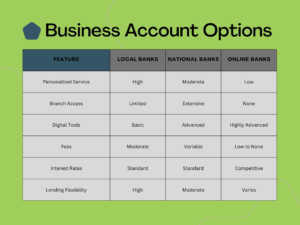
The 2025 Tax Law Overhaul: What the “One Big Beautiful Bill Act” Means for You
The Senate and House have passed H.R. 1, the “One Big Beautiful Bill Act,” a major tax reform bill. Passed by the Senate on July 1, 2025, and approved by the House on July 3, the bill is expected to be signed into law shortly.

















